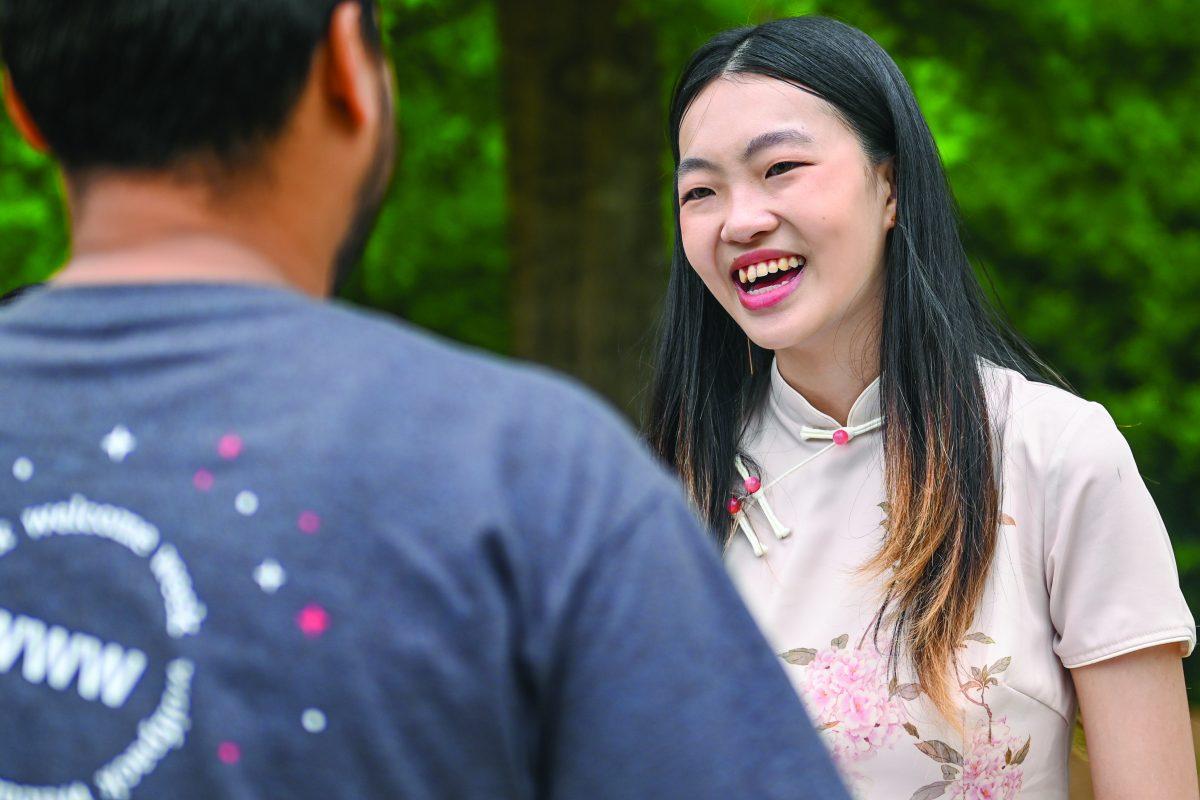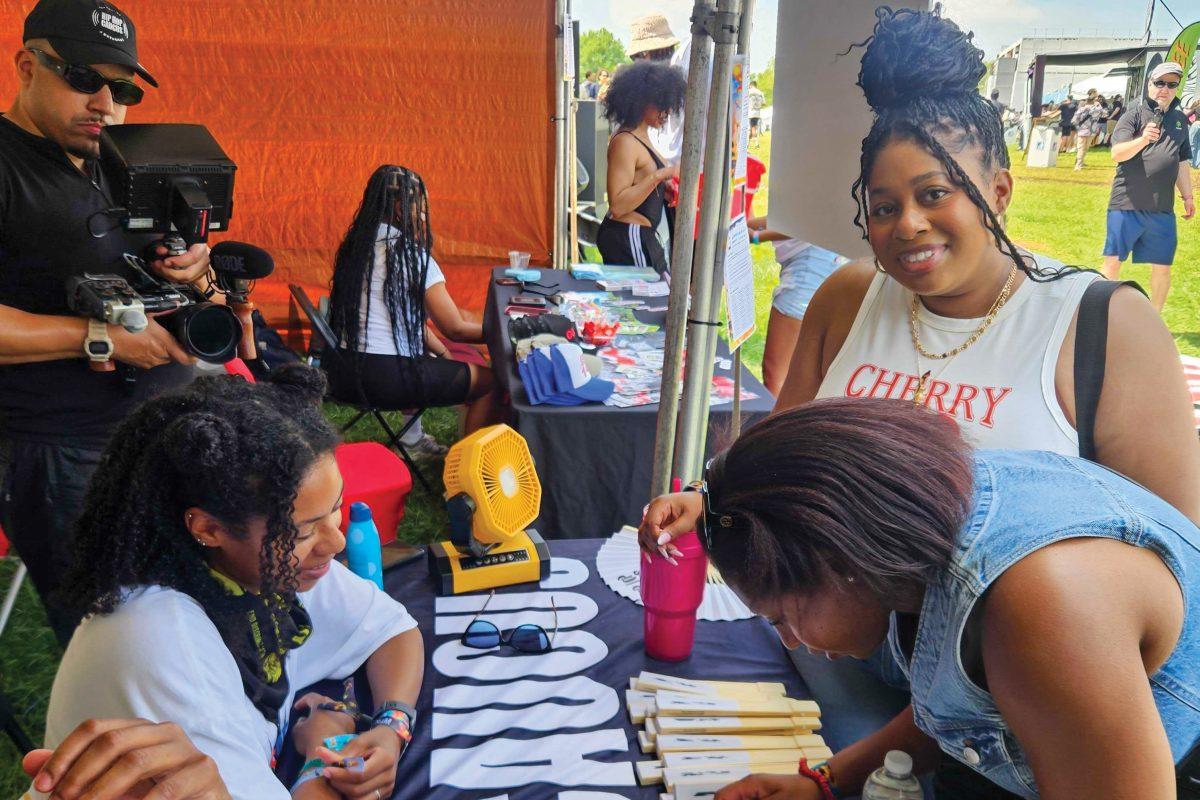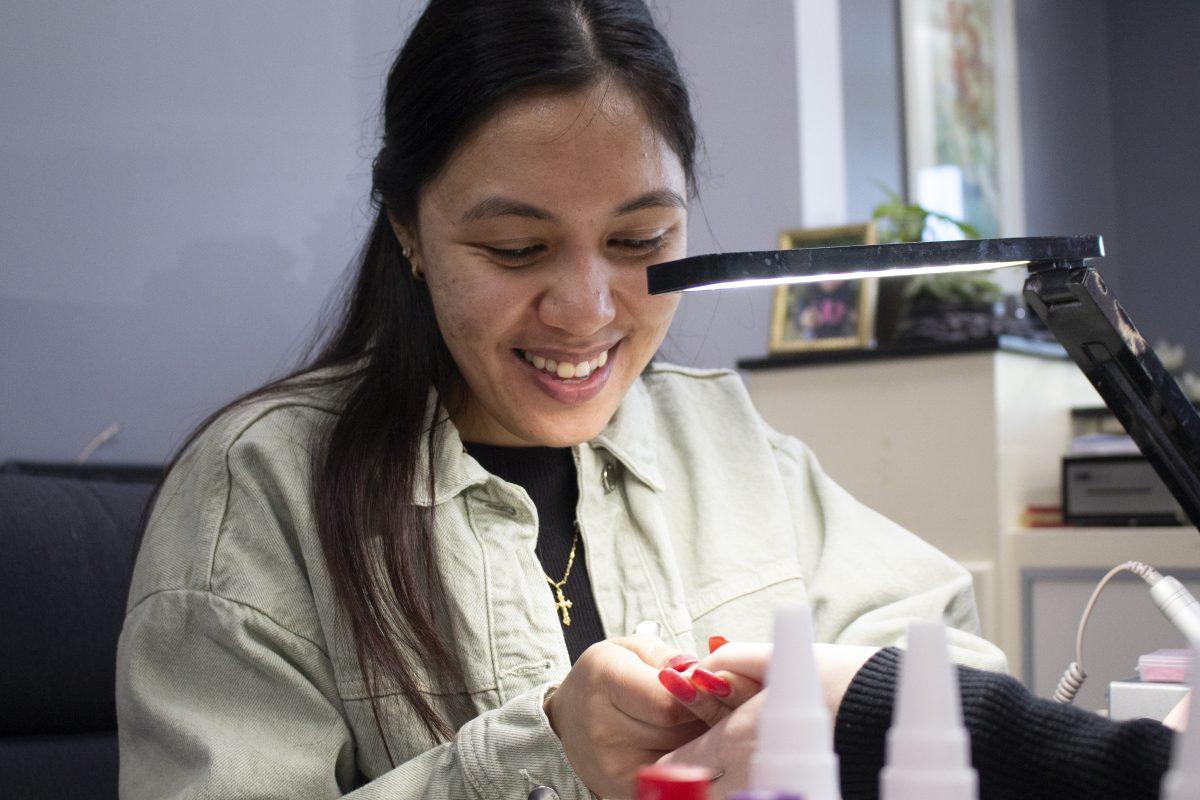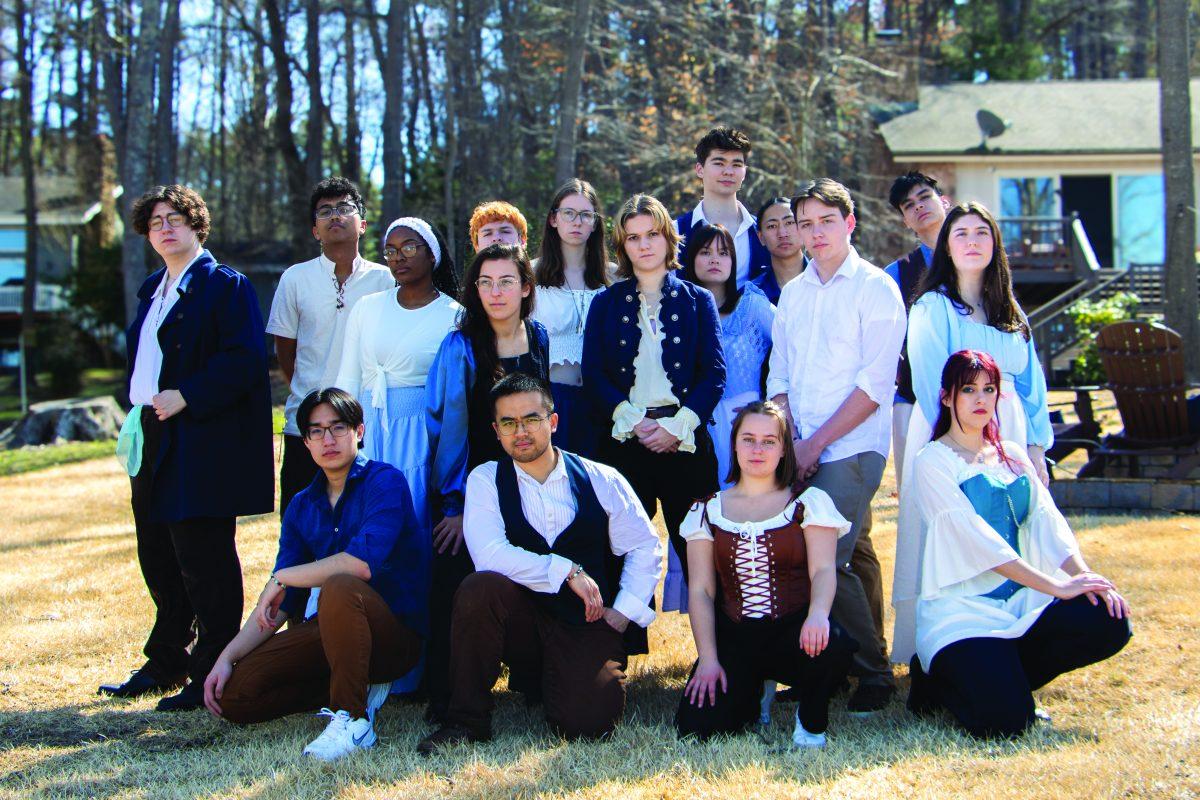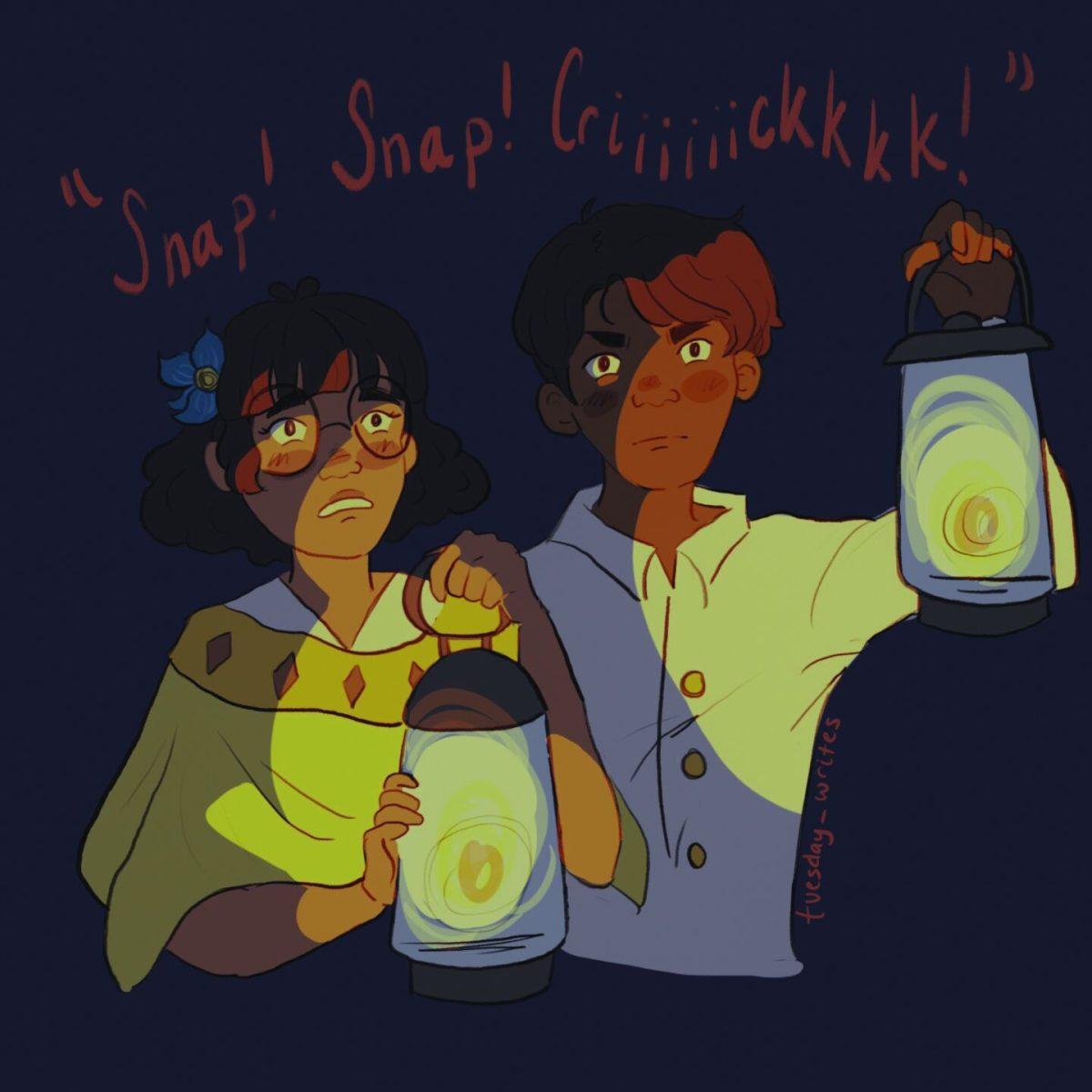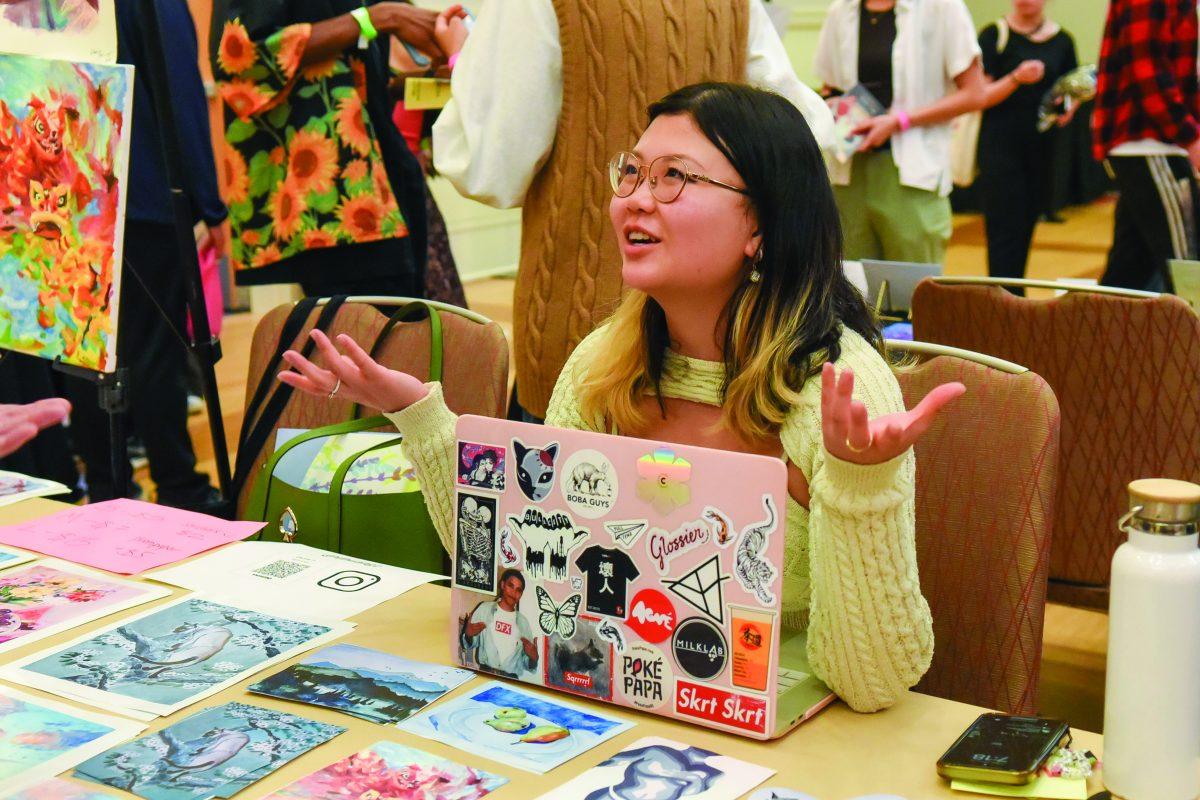Every year, NC State hosts over 6,000 international students from all around the world. Four exchange students from different corners of Europe offered their perspectives on their experiences so far.
A student’s reasons for choosing where and why to be part of an exchange program differ.
Vít Koštejn, a graduate student studying computer science from the Czechia Republic, said socializing and expanding their connections is one of them.
“I think it’s a very nice opportunity to get to know new people,” Koštejn said.
Óscar Lamuela Dorado, a graduate student studying aeronautical engineering from Valencia, Spain, said improving his English skills is another core factor.
“I expect to be able to improve my English and meet a lot of people from different backgrounds,” Dorado said.
Others dream of living in the United States after they graduate. Jesy Mamputu, an undergraduate student in philosophy from Manchester, England, believes the U.S. offers more opportunity than anywhere else.
“[In the U.K.] there’s a ceiling for black people, for how far you can achieve, or how much,” Mamputu said. “The U.S. is a place where you come with your dreams, you come with your ideas, and you can get rewarded for the amount of work that you put in. I wanted to do the study abroad year first, to do almost like a test a year before I commit to a full time move.”
For Lisa Rose Sliman, a graduate student studying business, coming back to the States unsurfaced memories of childhood.
“I lived in New York for three years with my family and I guess I have these memories of those three years of my childhood that I look up to and I miss a lot,” Sliman said.
American culture can be quite different, making some students’ first time in the U.S. a culture shock.
“Something I found weird, that doesn’t happen in Spain, is the fact that most people thank the bus driver when they get off the bus,” Dorado said. “That’s something that usually doesn’t happen in Spain, and I haven’t seen that happening in any other place.”
“In my home university, the facilities are spread out around the whole city and here the university is almost at one place, so all students live in the same area and do everything in this area,” Koštejn said. “I think it’s a much better experience.
Traveling is exciting, but being away from home can be tough, particularly when people are away for months.
“I miss my [native] language,” Koštejn said. “It’s quite hard to speak only in English. And because it’s not my native language, it’s hard to concentrate on speaking with others all day.”
Sliman feels it’s less of a physical thing or city that she misses, but more of a feeling of home that she longs for. She finds this feeling with her family and loved ones, who are in far away states and countries.
Koštejn is excited to travel to the Appalachian Mountains and explore North Carolina with all it has to offer, and experience NC State while here. He wants to focus on the classes he has and enjoy the different styles of learning and studying.
The semester has only just started and with four months ahead of us, international students like these have plans to make the time the best it can be.
“I’m super excited to get involved and serve the student community here, especially the black student community,” Mamputu said. “That’s one of the reasons why I came here, to be able to serve students, to understand the college student experience, particularly the black college student experience here in the U.S. I’m really excited for all the events that we have lined up.”
As foreigners in the United States, these students are frequently posed with questions, some they find strange and annoying.
“[It’s] every time I have a conversation with someone,” Sliman said. “After 10 minutes of conversation, they ask me where I’m from, and I say I’m French, they usually go like, ‘Oh yes, of course. I could hear it. You do sound French.’ And it’s just not true. I feel maybe there’s a lack of knowledge or awareness about other cultures, because it’s so stereotypical to hear an accent that’s very slight.”
Some questions are less serious but surprisingly recurrent.
“[Americans] can hear that I’m from the U.K.,” Mamputu said. “So they’re like, ‘Oh my God, you’re from the U.K. Oh my gosh, you’re British. Can you say bottle of water?’ The amount of times I’ve had to say bottle of water in these last two weeks is ridiculous. Or, they’ll be like, ‘Do you drink tea with their pinkies out?’ Yes, I do drink tea, but not like that. I didn’t realize that many people were fascinated with bottles of water,” said Mamputu.
Extending grace to international students is a great way to be welcoming and courteous.
“An already established friend group is not an excuse to not make a new friend, so if somebody you know just says hi, they are honestly just trying to make friends,” Mamputu said. “Also, if you do meet anybody who’s an international student and you do have questions about their culture or where they come from, feel free to ask. I would just say, ask questions, be curious.”


